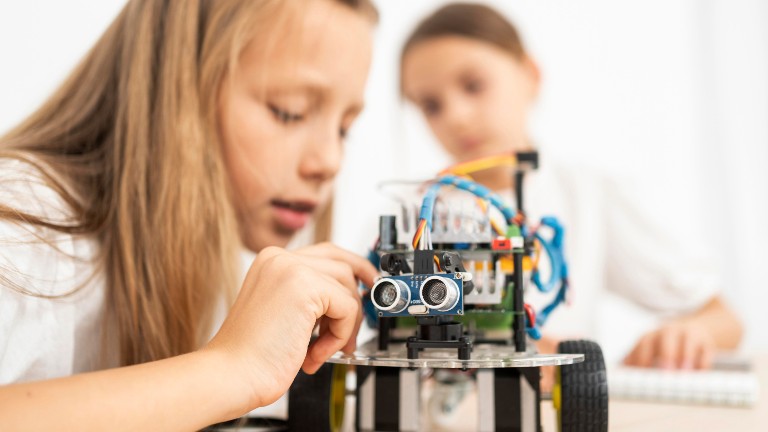The last 2020 issue of the journal Cultural-Historical Psychology (#4, 2020) covers research outcomes and reflections concerning modern and classical aspects of cultural-historical approach to education, clinical psychology and personality psychology.
The issue opens with the last paper by Elena E. Kravtsova, “Cultural-Historical Approach to Education”, written in co-authorship with Gennady G. Kravtsov. The starting point in the authors’ reflections is the problem of the relationship between learning and development raised by L.S. Vygotsky. It is suggested than many of today’s ills and troubles in education are caused by the lack of scientifically based didactics. The theoretical notions of what and how to teach children that currently exist can be traced all the way back to the didactics of J.A. Comenius which is basically grounded in life experience and common sense and can hardly be perceived as scientific. As the authors see it, the research works of the prominent Russian psychologists, P.Ya. Galperin and V.V. Davydov, as well as the learning theories they created, also fail to comply with the requirements of truly scientific didactics.
This topic is followed by the analysis of cognitive and educational effects of the Elkonin-Davydov system of developmental education as they are reflected in Russian publications. Four main categories of outcomes were identified, according to which the publications were selected and analyzed: the differences between children from developmental and so-called traditional classes in the level of theoretical thinking; general cognitive development and intelligence; educational strategies and the ability to solve non-standard problems; and traditional educational achievements.
Moving on to personality psychology, another paper in the journal describes a relatively new psychological construct of self-compassion and its relation to another well-known notion, self-esteem. Arguments are presented in favor of the new construct in working with adolescents and patients. According to that, there is a need of an adaptation on a Russian sample of the scale, which measures self-compassion. It was hypothesized that the Self-Compassion Scale by K. Neff will be an appropriate instrument to measure the construct on a Russian sample, as it passed successful adaptation in many other countries.
Nowadays, when most people are on the Internet and ‘connected’ most time of the day and night, the Internet becomes a place of the socialization of modern children and adolescents, which requires a rethinking of changes in user activity, digital competence and online risks in recent years.
Yet another paper of the issue presents an attempt to reproduce L.S. Vygotsky’s study on development of concepts, in order to identify ways that contemporary 7- and 9-year-olds use to solve the task of the Vygotsky’s cubes (double stimulation technique). The assumption about the relationship between the dominant method of abstraction used by elementary schoolchildren and their level of intellectual development was tested.
Clinical psychology is represented by the study that attempts to provide a critical review of certain problems in pathopsychological investigaton of operational thought disorders and to outline the possible ways for its further development. The authors compare the differences in approaches to the analysis of pathology of thinking in schizophrenia presented in the classic works of L.S. Vygotsky and B.V. Zeigarnik.
Finally, the issue celebrates the 70th birthday of V.A. Petrovsky, the 20th anniversary of the monograph by A.V. Tolstykh, and includes a paper written in memory of V.A. Guruzhapov.
You can find the full table of contents of the Cultural-Historical Psychology #4, 2020 at PsyJournals.ru: https://psyjournals.ru/en/kip/2020/n4/index.shtml
